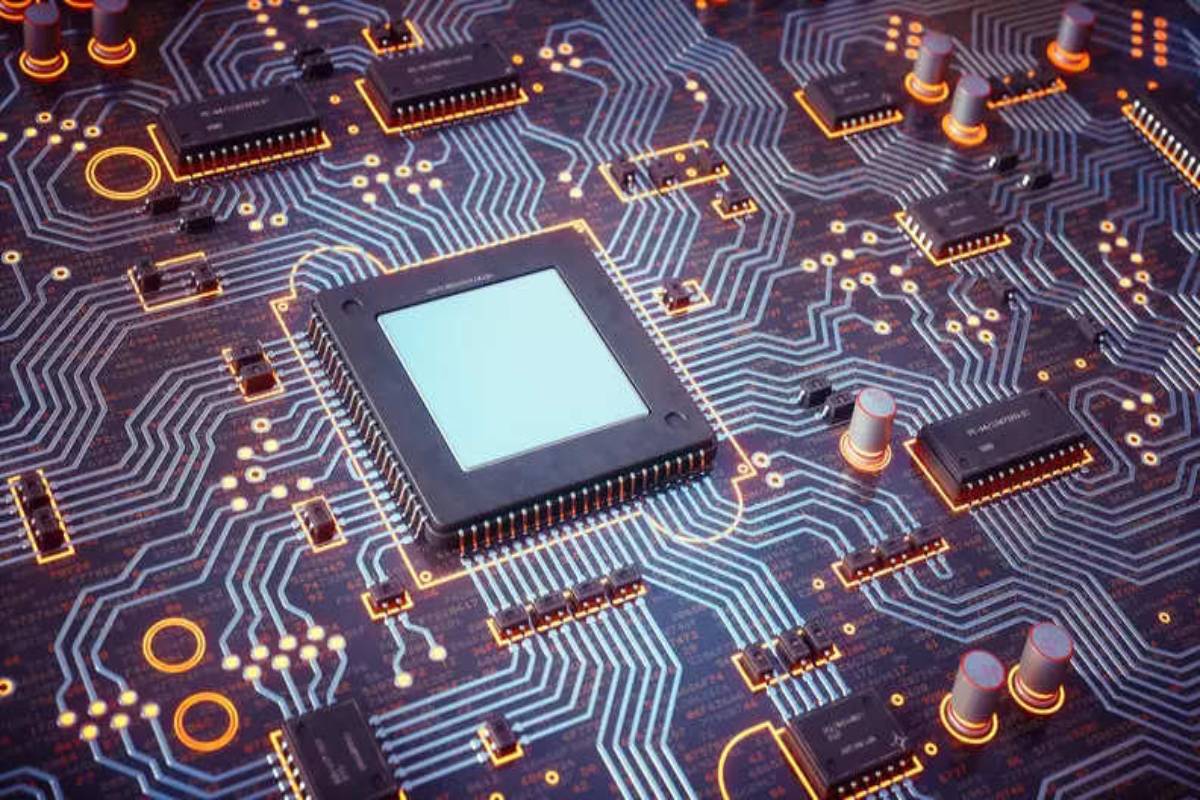Semiconductor chips driving innovation in tech, healthcare & other industries: Report
Semiconductor chips are driving innovation across technology, automotive, telecom, healthcare, and power industries, a new report said on Wednesday.
Semiconductors are silicon chips that cater to control and memory functions in products ranging from automobiles, computers and cellphones

Representational Image
Semiconductor shortage is a big challenge for the automobile industry right now but the situation could also turn out to be a big opportunity for the domestic auto component manufacturing industry, SIAM President Kenichi Ayukawa said on Thursday.
Speaking at the Automotive Component Manufacturers Association of India (ACMA) annual session, Ayukawa, who is also the Managing Director and CEO of Maruti Suzuki India, said the demand for the technology-based equipment has increased manifold in various sectors alongside the automotive segment.
“The challenge of COVID-19 continues globally. Different regions are being impacted at different times. While the global supply chain is already very complex, such disruptions and uncertainties further add to the challenge.
Advertisement
Hence our preparation has to keep pace with the growing challenges,” Ayukawa noted.
The global semiconductor supply chain has become increasingly at risk due to several factors and it has impacted the domestic auto industry since last year and continues to be a big challenge, he added.
“While the semiconductor shortage appears to be a challenge, it also brings in an opportunity. Of course, semiconductor manufacturing requires very huge investments. The Indian automobile industry alone can-not assure full viability of such an investment in semiconductor projects. Hence, there is a need for consolidation across sectors,” Ayukawa said.
Rising to this critical challenge, the government is taking few long-term measures, he stated.
“The invitation by the government for expression of Interest for manufacturing semi-conductors in India is a much needed, long-term step, in the right direction. I am sure global investors will take advantage of this opportunity in India,” Ayukawa noted.
In the meantime, the domestic component industry would have to tackle the current challenge of semiconductor shortage, by deeply engaging with the chip suppliers, he added.
Semiconductors are silicon chips that cater to control and memory functions in products ranging from automobiles, computers and cellphones to various other electronic items.
The usage of semiconductors in the auto industry has gone up globally in recent times with new models coming with more and more electronic features such as bluetooth connectivity and driver-assist, navigation and hybrid-electric systems.
On government’s Aatmanirbhar Mission, the industry leader stated that aligning with the government, Society of Indian Automobile Manufacturers (SIAM) and ACMA have jointly developed a localisation roadmap for the automobile industry.
“This roadmap details key components across segments and the corresponding opportunity for localisation. Look forward to the support of each industry member in this initiative to make India Aatmanirbhar,” Ayukawa said.
Such an initiative could succeed only with full support from the government, he noted.
“We would jointly approach the government to seek support for this roadmap,” Ayukawa said.
Touching upon the development of new age technologies, he said that all across the world, there is a huge focus on reducing carbon emissions.
“As a responsible industry, it is our duty to move as close as possible to Carbon Net Zero with local manufacturing. For this, we have to develop multiple alternate powertrain technologies,” Ayukawa noted.
While lauding the support and encouragement from different government ministries on multiple technology solutions including e-mobility, CNG, LNG, Bio-gas and Ethanol, he urged the auto component industry to enhance its focus, investments, research and development on all such powertrain technologies.
“I am sure, only the combination of all these technologies will help us be closer to Carbon Net-Zero. Many of these technologies are new for the industry and have their own challenges of viability and infrastructure. While our talented engineers work on these solutions, we would keep coming back to the government for guidance and support,” Ayukawa stated.
Advertisement